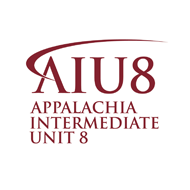Deadly Droughts
(View Complete Item Description)In this project, you will explore a real-world problem, and then work through a series of steps to analyze that problem, research ways the problem could be solved, then propose a possible solution to that problem. Often, there are no specific right or wrong solutions, but sometimes one particular solution may be better than others. The key is making sure you fully understand the problem, have researched some possible solutions, and have proposed the solution that you can support with information / evidence.Begin by reading the problem statement in Step 1. Take the time to review all the information provided in the statement, including exploring the websites, videos and / or articles that are linked. Then work on steps 2 through 8 to complete this problem-based learning experience.
Material Type: Lesson Plan




















